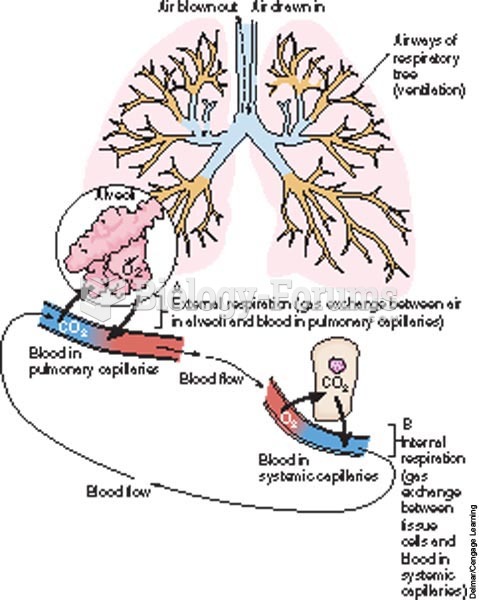|
|
|
Approximately 25% of all reported medication errors result from some kind of name confusion.
Russia has the highest death rate from cardiovascular disease followed by the Ukraine, Romania, Hungary, and Poland.
Most childhood vaccines are 90–99% effective in preventing disease. Side effects are rarely serious.
For pediatric patients, intravenous fluids are the most commonly cited products involved in medication errors that are reported to the USP.
Though Candida and Aspergillus species are the most common fungal pathogens causing invasive fungal disease in the immunocompromised, infections due to previously uncommon hyaline and dematiaceous filamentous fungi are occurring more often today. Rare fungal infections, once accurately diagnosed, may require surgical debridement, immunotherapy, and newer antifungals used singly or in combination with older antifungals, on a case-by-case basis.







